Anchorage Digital, a federally chartered crypto bank, announced it will phase out support for Circle's USDC and redirect institutional clients toward Global Dollar (USDG), a rival stablecoin issued by Paxos. The move, based on its new “Stablecoin Safety Matrix,” cited regulatory and reserve risks with USDC, Agora USD (AUSD), and Usual USD (USD0), deeming them unsuitable for long-term custody.
Anchorage rated USDC just 2 out of 5 for regulatory oversight and reserve management, criticizing Circle for holding 15% of reserves in bank cash—a structure linked to USDC’s depegging during the 2023 Silicon Valley Bank collapse. Despite this, S&P gave USDC a “strong” rating and Bluechip assigned it a B+.
Anchorage’s decision comes amid growing stablecoin competition, with global institutions anticipating trillions in future market cap. The GENIUS Act, recently passed by the U.S. Senate, could soon introduce clear regulatory frameworks for stablecoins, fueling further growth.
However, the announcement sparked criticism. Agora CEO Nick Van Eck accused Anchorage of publishing misleading data to favor USDG, in which it holds a commercial stake. Jan Van Eck of Van Eck Associates and Coinbase's Viktor Bunin both questioned Anchorage’s objectivity, calling the report a “hit piece.”
Circle responded, emphasizing USDC’s full fiat backing, transparency, and compliance with both U.S. and EU crypto regulations. Meanwhile, other firms like BitGo and FalconX reaffirmed support for USDC and AUSD, citing strong compliance and operational resilience.
The controversy underscores deepening competition in the stablecoin market, as major players vie for institutional trust in a rapidly evolving regulatory environment.





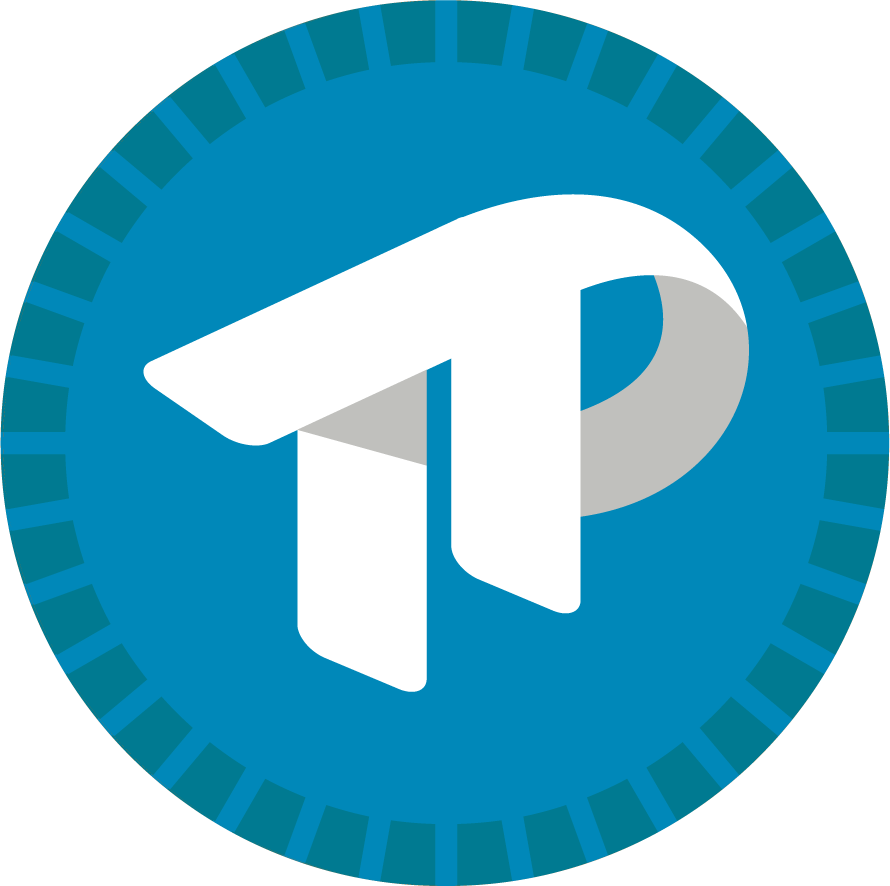

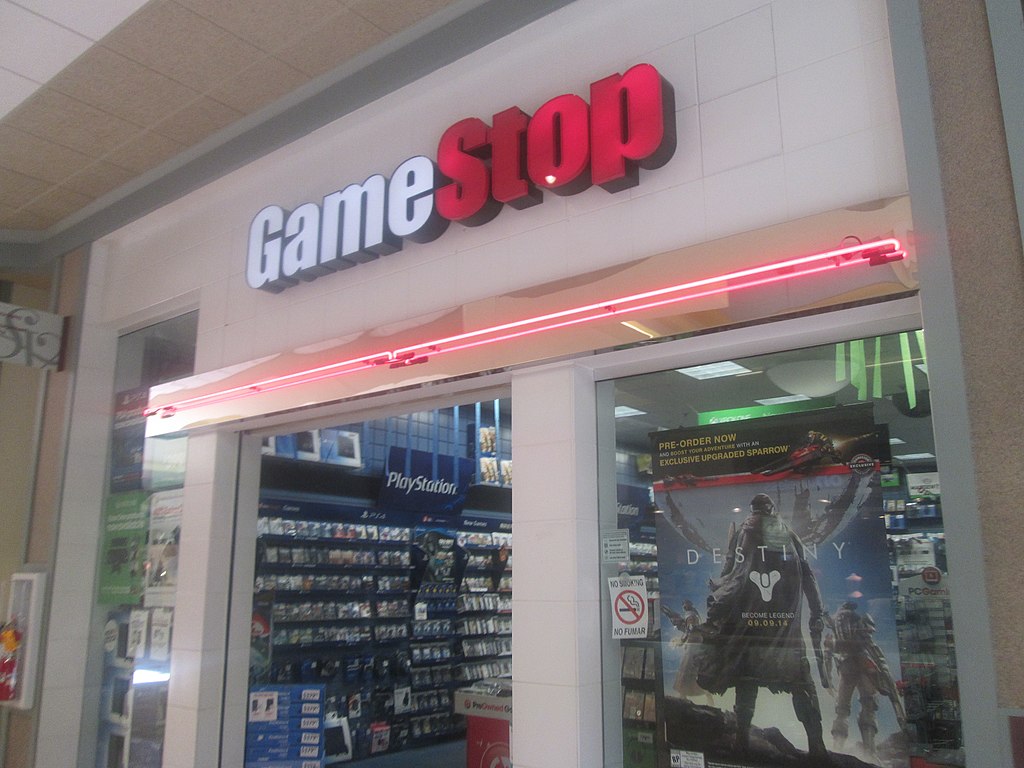




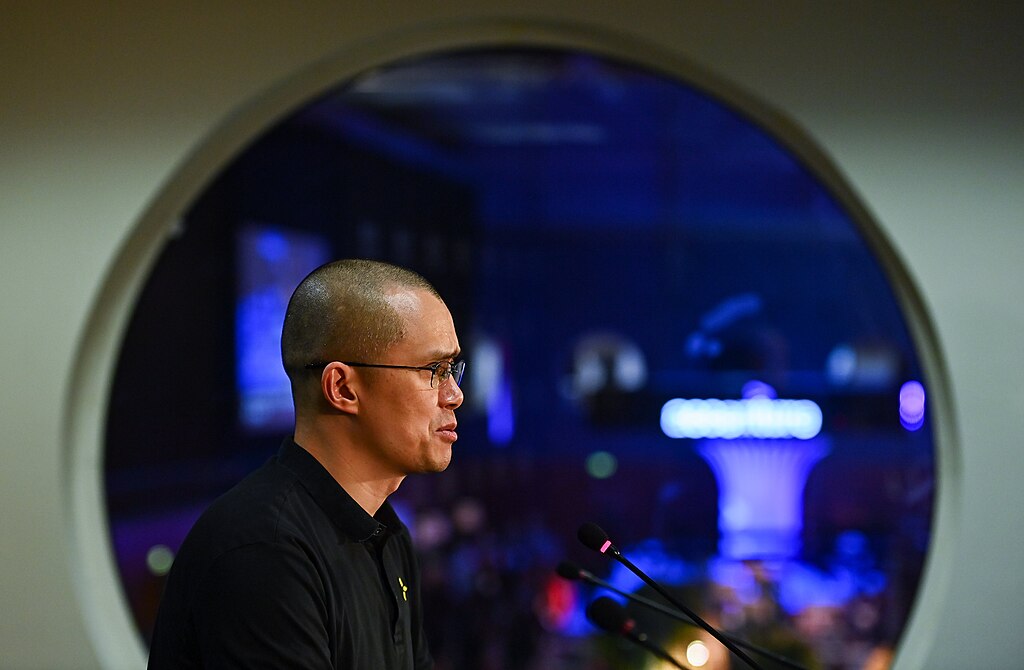


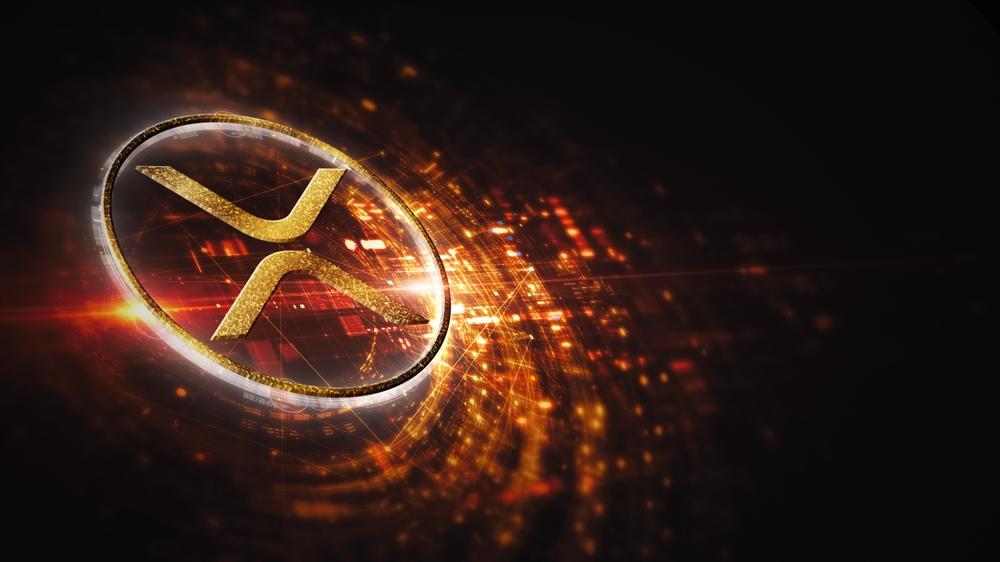
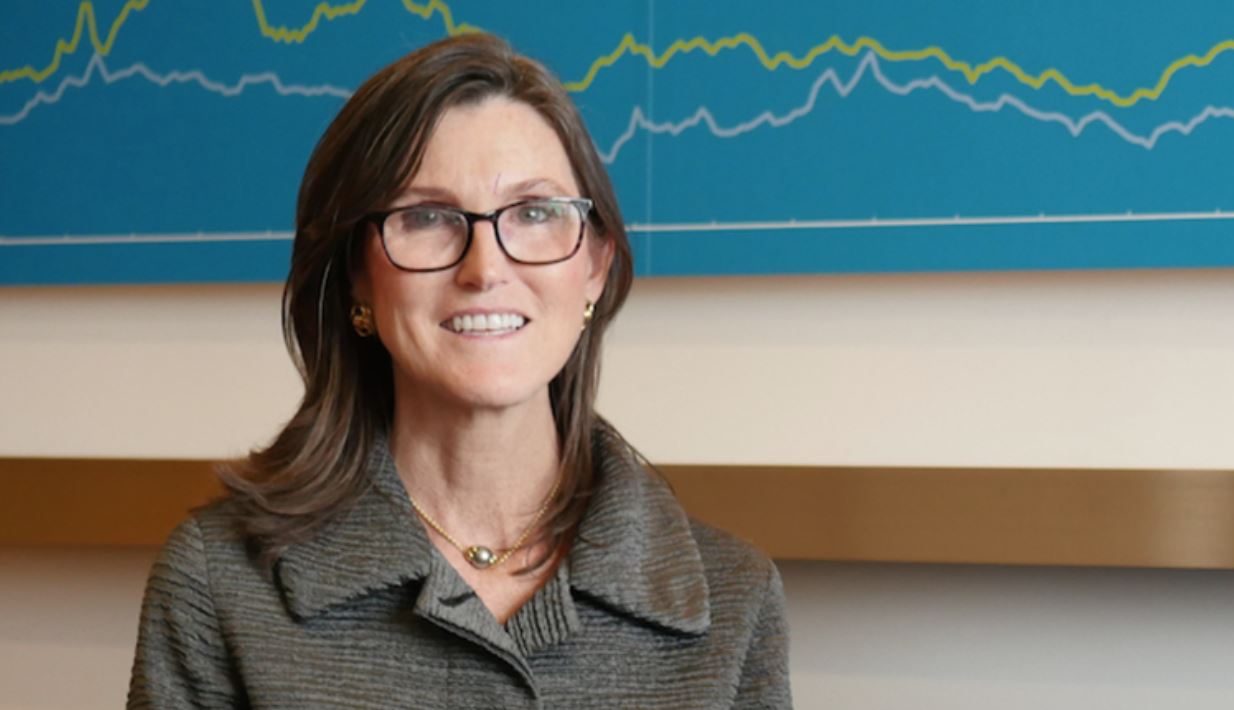






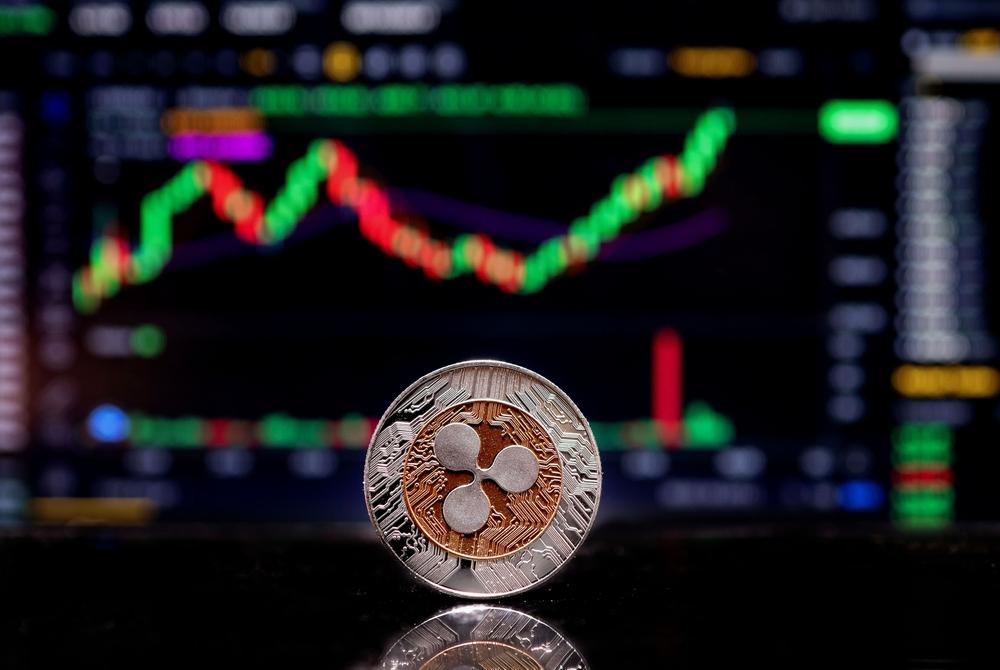

Comment 0